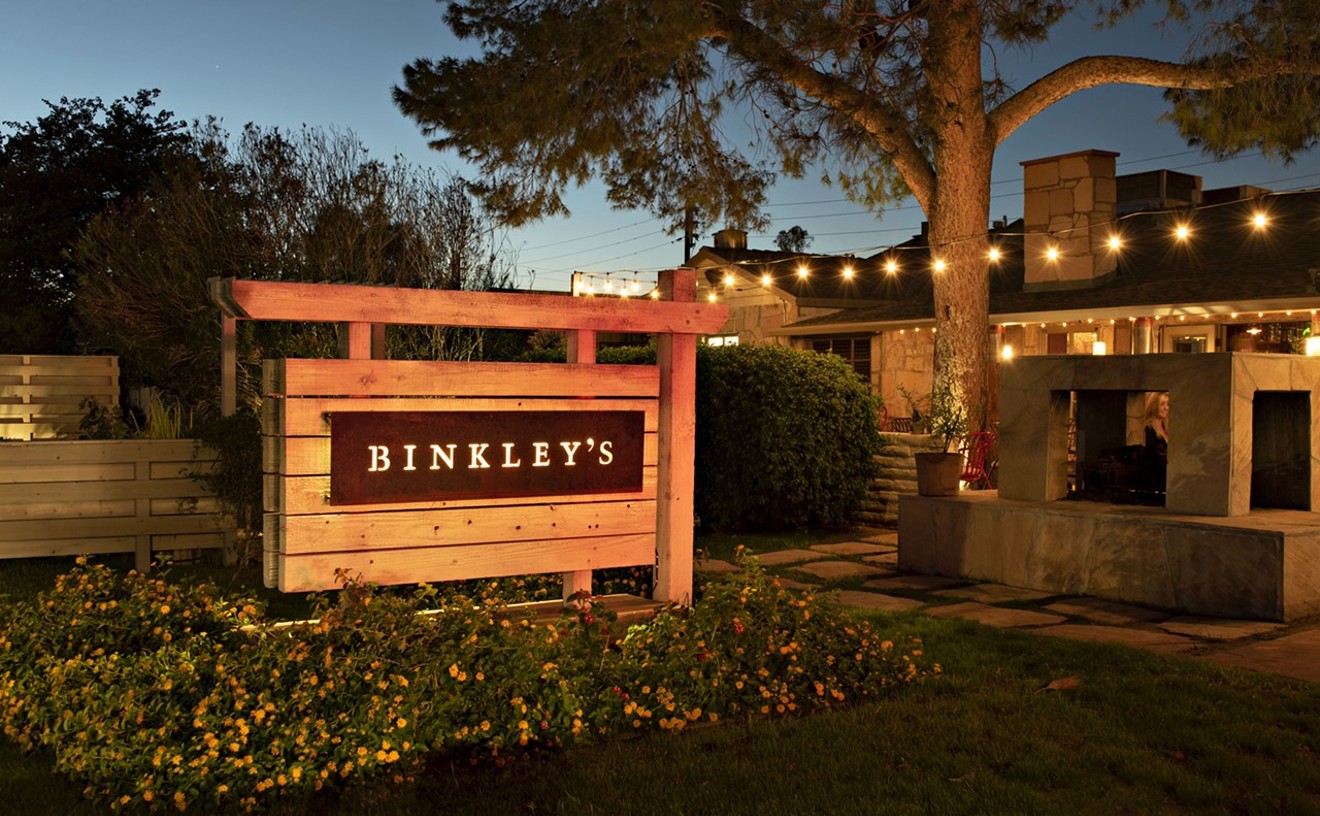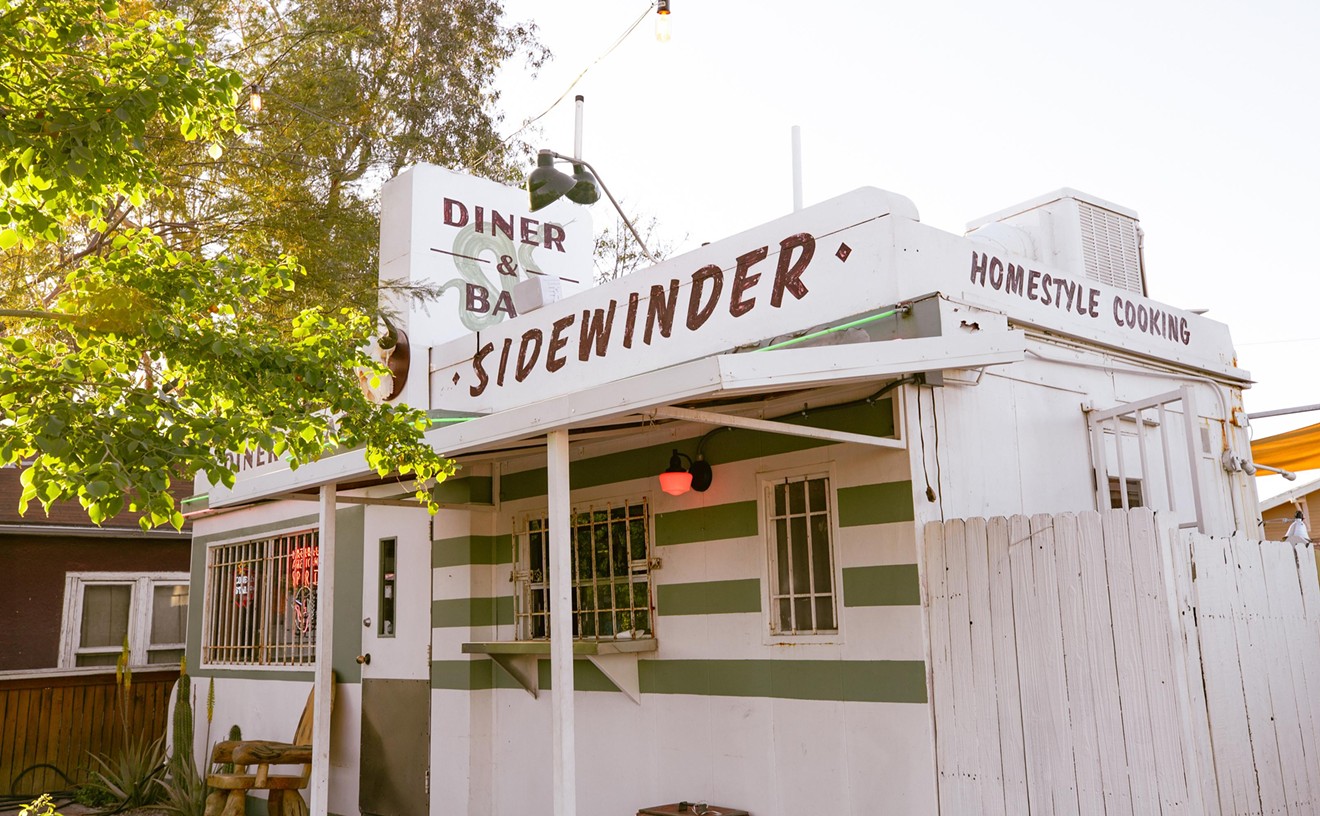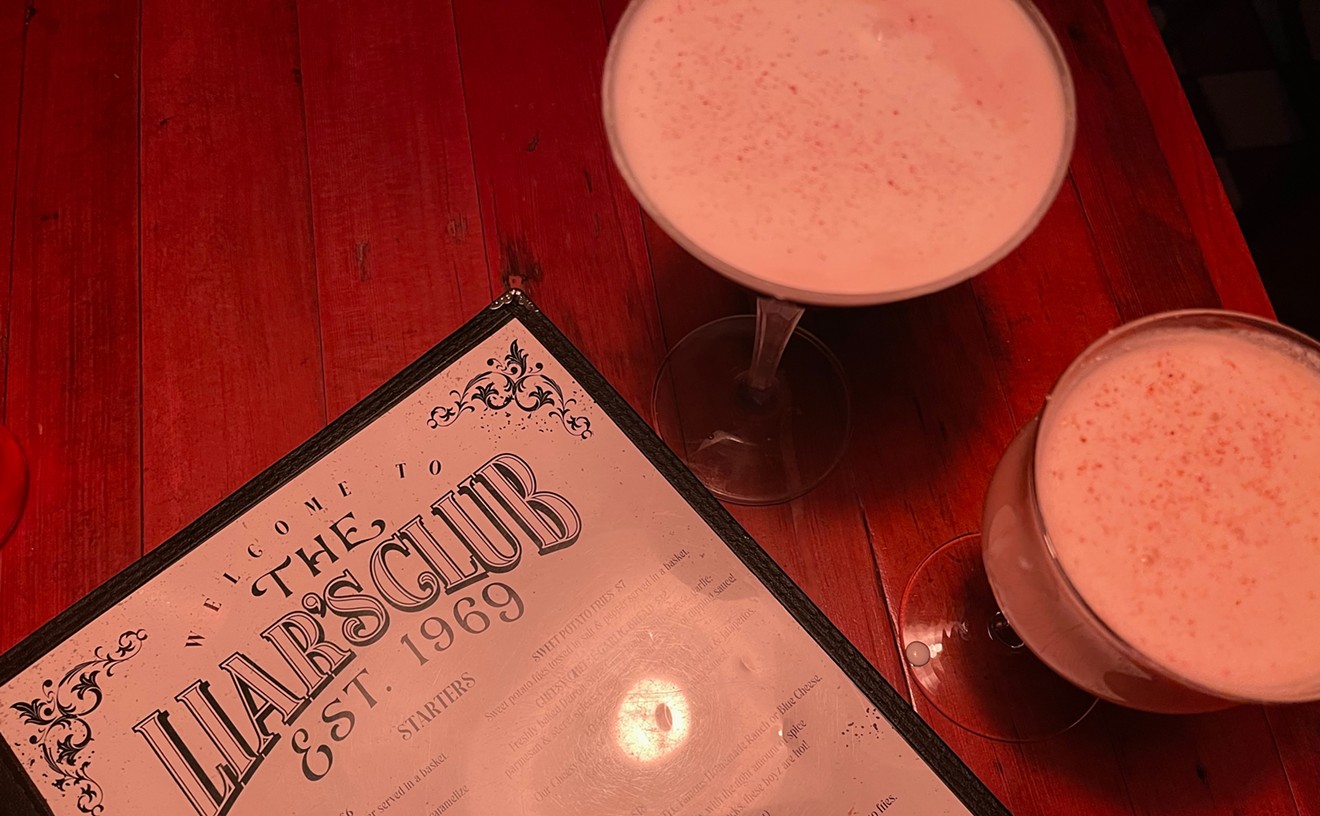My initial approach was, perhaps, naive. I thought maybe I could just walk into the place and find someone chatty. So I tried it. I ventured past the posters in the window for the Balkan versions of Celine Dion and Robert Palmer, into the clean, well-lighted cafe. It was full of attractive, ruddy-faced folks in nylon athletic wear -- nylon, as far as I can tell, is the Bosnian national fabric. There were married couples talking, not in English, at the tables, and men talking, not in English, on cell phones, and a little kid talking, in excellent English, to her Barbies.
I walked up to the counter, below which there was a glass case full of sausages and other such goodies. Above the counter, on a letterboard, was the menu -- all in Bosnian. There were regional CDs and videotapes, as well as a small selection of groceries, stacked around the beverage cooler. A TV was on, tuned to Animal Planet.
I could see a guy in the back, cooking something. It smelled yummy. He didn't see me, and no one else in the place paid the slightest attention to me. Clearly, I had come in by mistake, and the easiest thing to do was to ignore me until I left, which is what I did, but not before I had taken a pair of business cards from a stack set out next to the counter. Both cards were for the same guy -- on one, he was a real estate agent; on the other, an insurance salesman. His name suggested he might have language and cultural skills that suited him to serve the Bosnian community. This guy, I figured, would either be a good lunch date himself, or would know who was.
So I called him, and explained what I wanted. He said he'd have lunch with me, but not at Bosnian Cafe Sarajevo -- he'd prefer to eat at an American restaurant. I said that I really wanted to focus on the Bosnian place, and I pressed him a little on his reluctance.
"Well," he said at last, "I am Serb."
Ah. Yes, that would explain it.
The next Saturday, I walked into the Bosnian Delicious market at 27th Avenue and Northern, and struck up a conversation with the pretty and friendly young woman who works there. She agreed to meet me for lunch at the cafe the following Monday, and, a little to my surprise, she showed up.
Her name is Aldijana Sutkovic, and she moved to the Valley five years ago, shortly after the war, with her family. She turns 20 this month. She spoke no English when she got here, but now, though she has a pleasant accent, she speaks it almost flawlessly. Her parents speak very little English, but she and her brothers do, because they went to school here. This is true, she says, of many other Bosnian families here. "They have kids, and they speak English, so they take the kids everywhere. I used to go with my dad to the doctors and the bank and everywhere."
An impressive-looking lady waits on us, and Sutkovic orders for me, in Bosnian. She knows the lady -- the proprietor's wife -- and just about everybody else in the cafe.
"Everybody knows me, because I work in the store," she says, "and it's the only Bosnian store." The Bosnian community here is close-knit. Sutkovic has made few American friends. She works a lot; she's in her third semester at Phoenix College, where she's studying accounting; and on the rare occasions when she does socialize, it's usually with Bosnians.
She talks me through the cafe's short menu. It's not for the faint of artery. Suho Meso, she says, is dried beef. Sudzuka is dried sausage. Kahva is Turkish coffee. Kokosua Pasteta is a sort of chicken spread. And then there's the pricey Junece Glavuse -- a calf's head. This isn't what she's ordered for us, however. We're having a lunch special: "meat sticks" with vegetable spread and onions. While we wait, I ask her what, ethnically, it means to be Bosnian.
"Most of the people that say they're Bosnian are probably Muslim, or their parents are mixed religions," Sutkovic explains. "If they say they're from Croatia, maybe they're from Croatia, but probably they're from Bosnia, and they're [Roman] Catholics." The Eastern Orthodox Catholics are Serbian. Sutkovic is Muslim, though her family isn't particularly religious.
They came from a very small village called Novi Travnik, two or three hours from Sarajevo. Sutkovic can wax nostalgic about her hometown. "It's beautiful," she says, and in making her case for its beauty she sounds like someone who's spent five years in the desert: "There's really many mountains, trees; it's really green."
But her memories aren't idyllic. She lived her early teens in the middle of a ghastly ethnic war. "I've seen a lot of people get shot," she recalls. "My Grandma, by the Croats. A lot of people. You'd just look through the window, and see people get shot." She laughs a little, as if at the strangeness of it. "You get used to everything, guns shooting, bullets flying right next to your head and stuff . . ."
She says this with no visible bitterness. When I ask her if the war still haunts her, she's dismissive. "It's not that bad now. I feel safer here. Everybody does."
The impressive-looking lady sets our lunches in front of us. The "meat sticks" are small sausages served on lepinja, a pitalike bread, with a little pile of very lightly cooked onions and a fire-engine-red paste that seems to be made of tomato and red pepper, though I can't be sure. The overall taste effect is of a larger and more soulful Sausage McMuffin. I like it.
While we eat, Sutkovic talks about the nationalistic divisions that ravaged her homeland throughout the '90s. She seems as unimpressed by them as she is untraumatized by the horrors she witnessed. "When I went to school, everybody said they were Yugoslavian. Nobody said, 'I am Serbian or Croatian.'" The fall of communism changed all this, of course, but now, perhaps, America has become a new Yugoslavia -- "When the war came, some of my friends had to move out, and they would go to the cities where the Serbs were only, or where there were only Croats," Sutkovic notes. "And now they come here, and everybody is together again, you know? It's not the people that began the war, it's the politicians. It's like, so many people died and so many people lost their homes and stuff, and now everybody's back. . . . It's just a waste of time, and waste of life."
I ask if she had friendships across ethnic lines before the war, and she says, "I have Serbian friends right now, and Croatian." The old animosities appear not to interest her. "I have a cousin who died in the war, and another of my cousins, he's gone, nobody knows where he is. But, you know, you have to forget it, 'cause the people who are here now, it's not their fault. That's how I feel. Everybody feels different."
I believe her, too. In fact, I'm thoroughly charmed -- Sutkovic seems astonishingly sensible and well-adjusted and bigotry-free, in light of what she's been through. While she regrets seeing her brothers, especially the youngest, seeming to forget about Bosnia, and while she hopes to return there for a visit, to take money to her relatives there, she's basically committed to life in Phoenix.
The impressive-looking lady comes to the table to offer me a special treat, a dish called Begova Corba (the second word is pronounced "chorba"). It's a vegetable soup, with what looks like zucchini in it. Sutkovic doesn't care for any. "I don't really like stuff like that," she says. "There's, like, vegetables in it. I don't like cooked vegetables."
Spoken like a true Eastern European. But while she watches me eat the tasty soup, Sutkovic sounds pretty American. When I ask her what her favorite TV show is, she says, with more obvious passion than she discussed her wartime memories, "I like Friends!" Back home, though, before the war, she liked Beverly Hills, 90210. "I always thought, 'Oh, wow, to go to America, it's like that . . .'"
She found America somewhat different when she got here, of course, but still, "We thought it was great, you know? 'Cause in Bosnia we didn't have nothing, almost nothing. I hadn't seen ice cream in, like, maybe six years or something." And then, like a true 90210 girl, she adds, "It was like, 'Oh my God!'"










